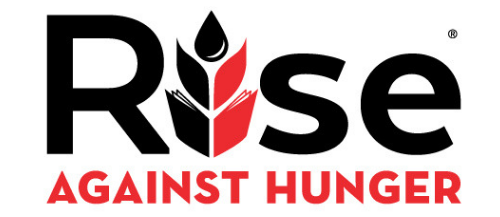School Enrollment Increases 17% at Kenyan Schools After Launch of Meal Program

This is the story of how a school feeding program is supporting children’s education and community-led transformation in Kenya.
Rise Against Hunger partners with Rural Family Hope to holistically reduce malnutrition and support education, agriculture, livelihoods and health through the Feed for Knowledge project in southwestern Kenya.
This region faces many food security challenges. One-third of Kenyans live below the poverty line, and 55% of those are children. Malnutrition rates are higher than the national average, and school feeding rates are the lowest in the country.
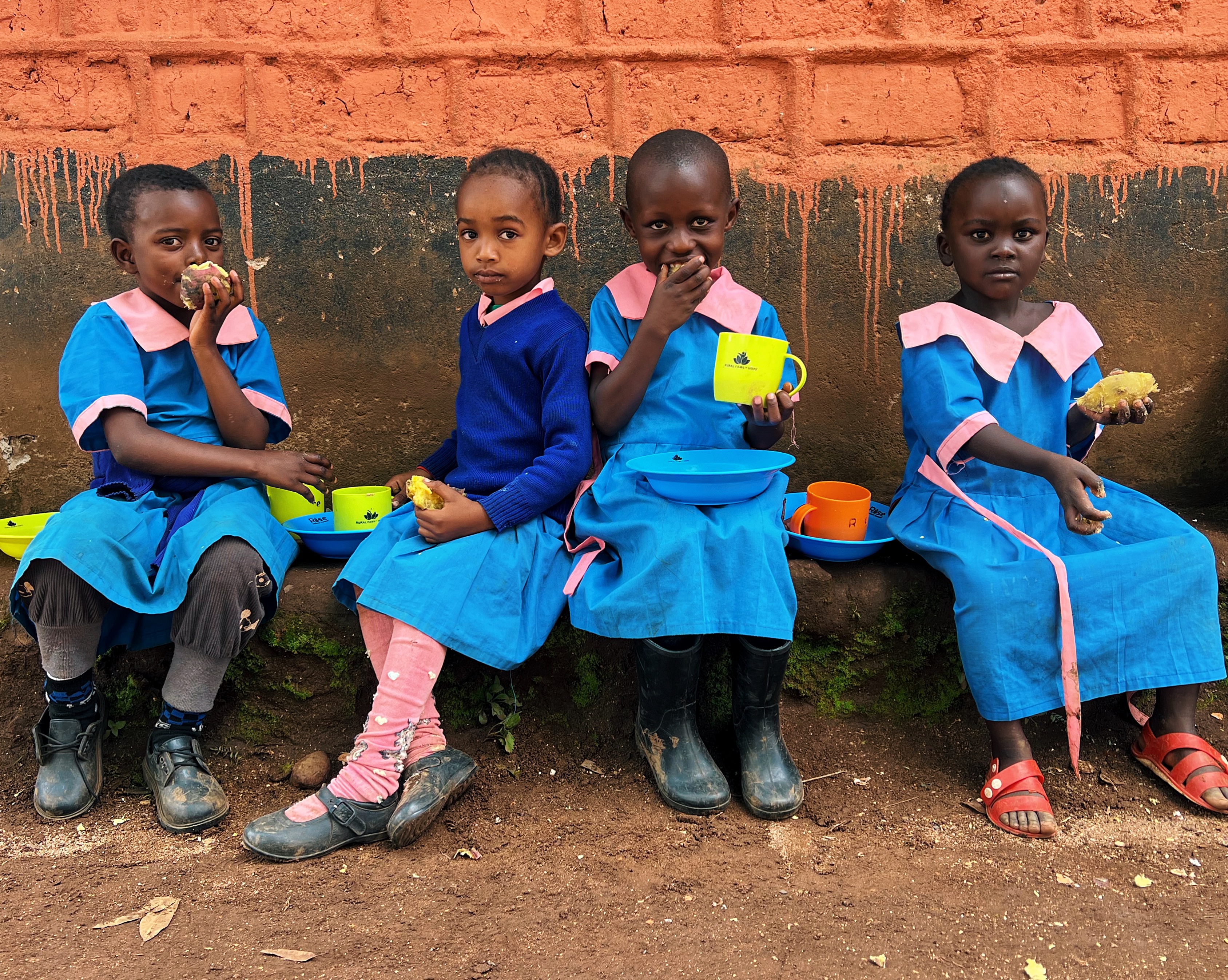
The Feed for Knowledge project sources local ingredients for daily meals in seven schools, training farmers on sustainable agriculture, establishing school gardens, providing schools with water tanks and more.
The project launched in 2022 and has already achieved amazing results — including a 17% increase in enrollment at the schools and improved academic performance of the students, including 13-year-old Befil.
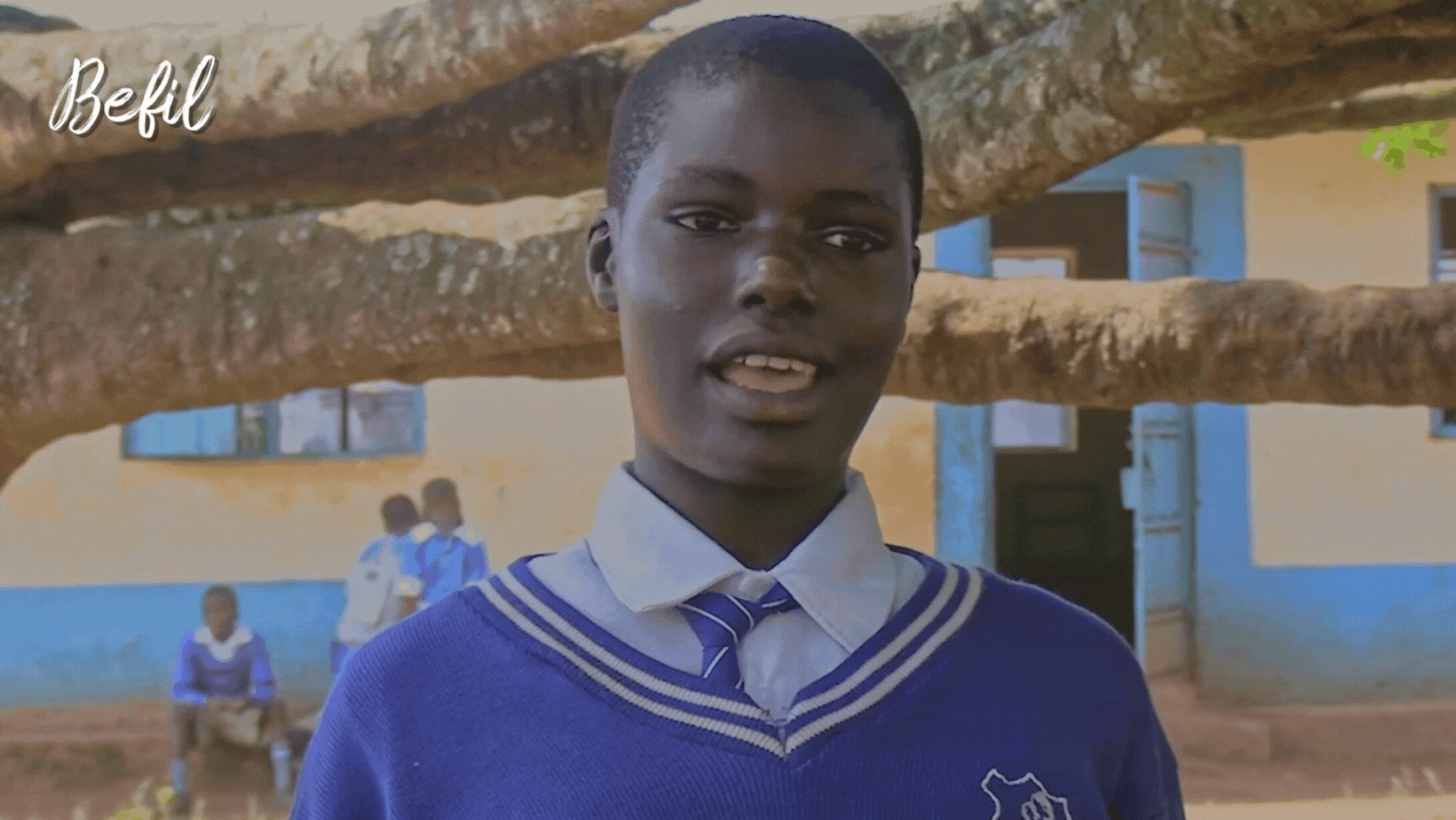
Befil, a grade 8 student at Awendo Primary School
As a student at one of the schools served by the project, Befil — and all of her classmates — receives two nutritious meals daily. The meals consist of ingredients purchased locally with funds provided by Rise Against Hunger, crops from school gardens and produce from local farmers.
This school feeding program not only improves her nutritional status but also supports her education. As a driven student, this is very important to Befil. She said, “I like to come to school because education is the key to success.” She loves science and dreams for a bright future as a doctor or engineer.
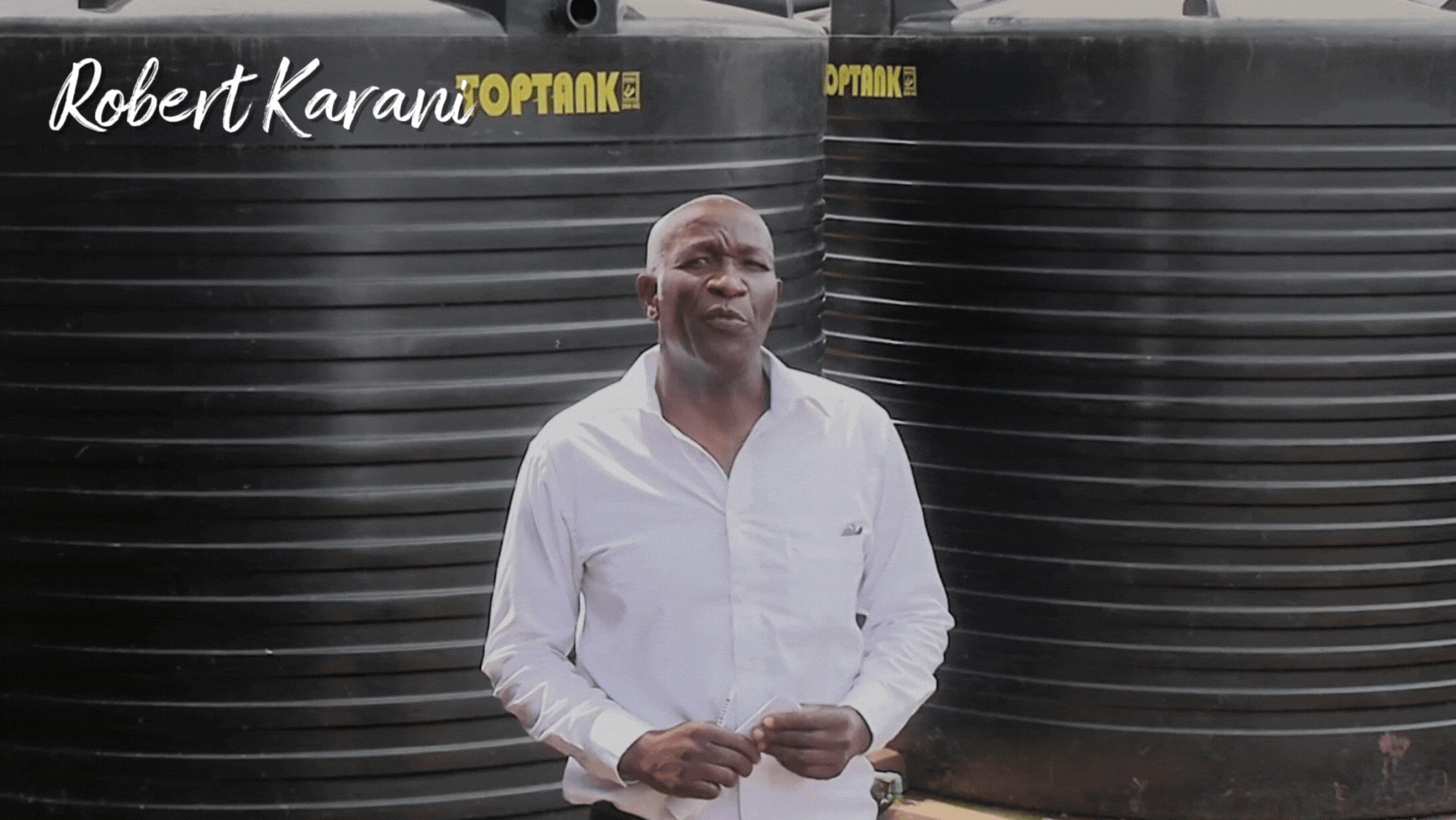
Robert Karani, Head Teacher at Simbauti Primary School
As head teacher at Simbauti Primary School, Robert has seen the school feeding program’s impact on his students firsthand. The school is growing as the meals act as an incentive for more children in the community to attend. He said, “I came here in 2022. At the time I came in, we had a population of 257 learners. To date, as I’m talking, we have 445 learners in the institution, and each and every day, learners are coming in for admission.”
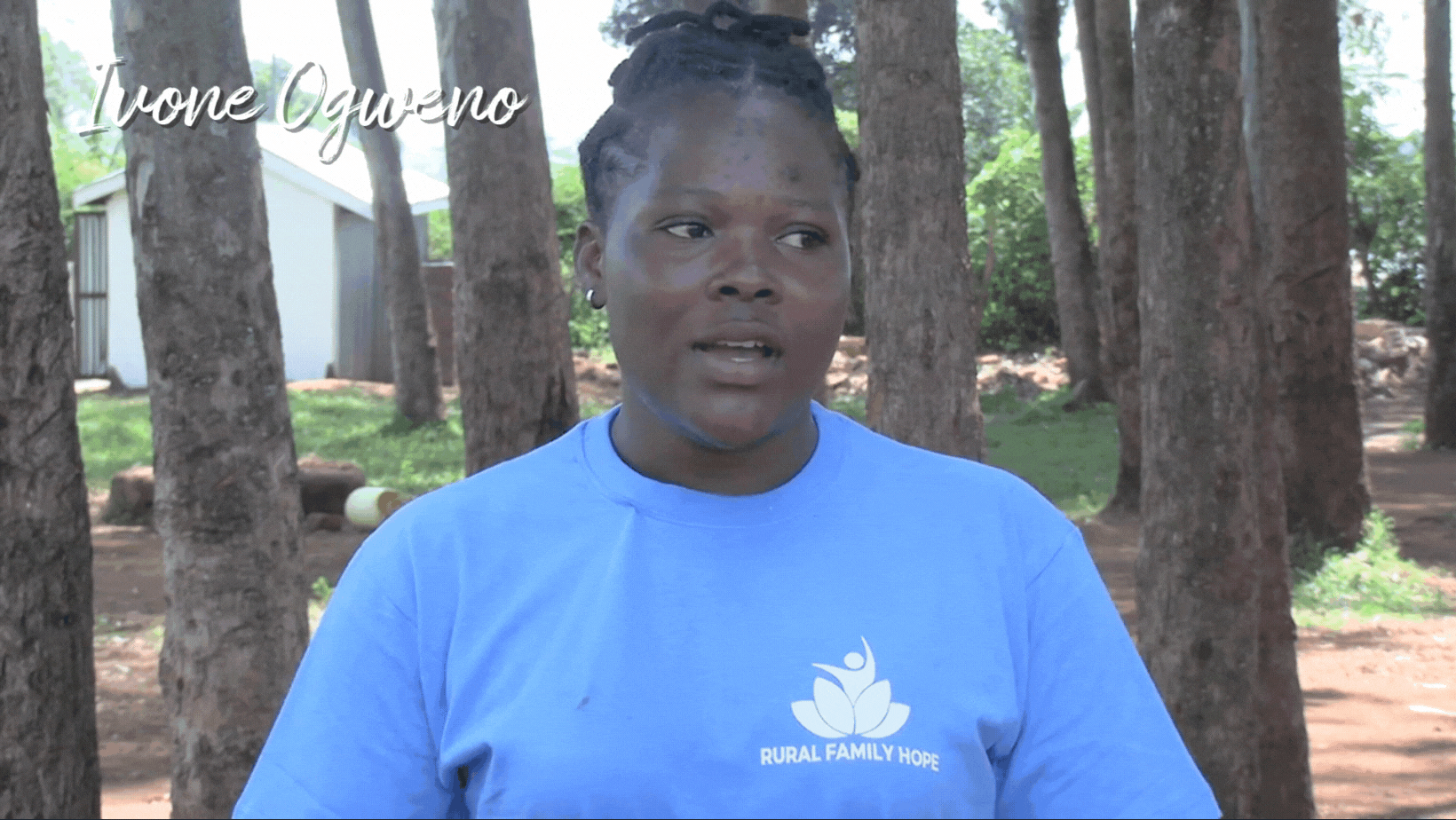
Ivone Ogweno, Agronomist at Rural Family Hope
Ivone grew up in the community and is an alumni of Awendo Primary School. Before the introduction of the feeding program, students would have to walk home — sometimes walking several kilometers — for lunch. This contributed to a lot of absenteeism and hindered students’ ability to focus on their studies. She said, “This is an opportunity that we never had when we were going to school, we used to go back to have lunch at home and sometimes the parents could not afford to give us three meals a day.”
There is now less absenteeism and dropout rates are almost zero. “The complaint of, ‘I didn’t get good grades because of food’ – I think that is sorted,” she said. Students eat at school and can focus better in class, leading to improved academic performance.
Befil, Robert and Ivone are just three of many leading and receiving support through the project. Watch the video below to also hear firsthand from Harry, Lorna and Graham and learn more about how this feeding program boosts education in Kenya.
Education is the key to breaking the cycle of poverty — and the schools participating in the Feed for Knowledge project are ensuring their students are nourished and educated, providing the children with the building blocks needed to reach their dreams.
It starts with a meal, and it starts with you. Your support helps make this impact in Kenya and around the world possible. Will you join us in the work to end global hunger by donating today?
